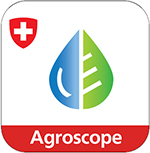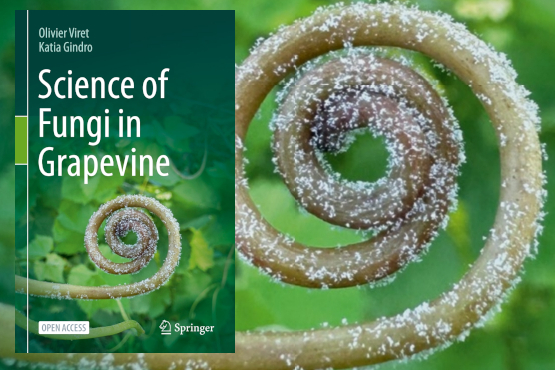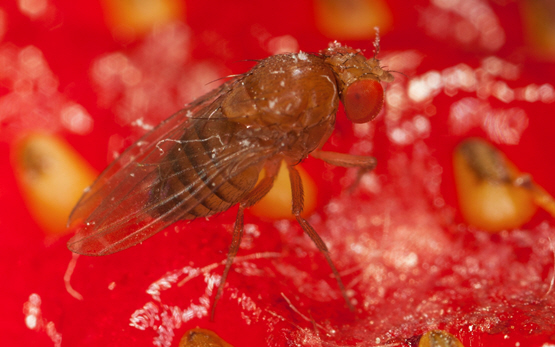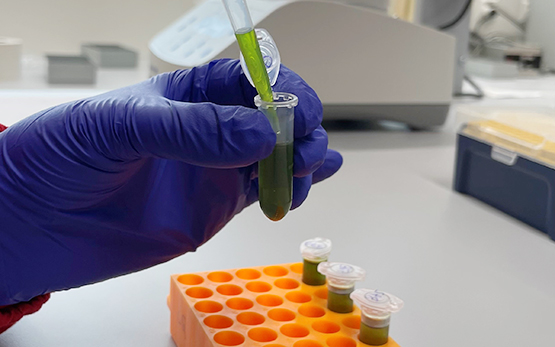The agricultural sector must square up to numerous challenges in the field of plant protection. Discover what Agroscope is doing in this field.
 7.8. 2018 (129).JPG.jpg)
Phytopathology is the study of plant diseases caused by viruses, bacteria, phytoplasmas and fungi.
Entomology is the study of insects for the purpose of crop protection.
Biological control researches techniques for controlling pests via the introduction of beneficials or products of natural origin.
Weed science examines the weeds that compete with field crops, legumes and grape crops.
Agroscope mainly studies the behaviour and effects of PPPs in the environment and evaluates the risks associated with them.
Agroscope Plant Protection Service
As part of the Swiss Federal Plant Protection Service (SPPS), the Agroscope Plant Health Service helps prevent the spread of particularly dangerous harmful organisms.
Federal and cantonal agencies and bodies can apply to Agroscope for the identification of plant diseases and pests as well as weeds.
Agroscope is the Swiss centre of excellence for managing harmful neobiota (non-indigenous species) in agriculture.
Diseases and Pests – Field Crops
This tab brings together the main diseases and pests affecting field crops.
Latest News and Further Information









